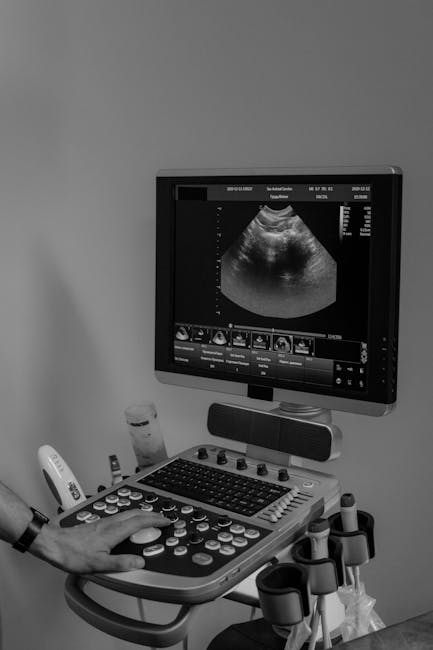If you are seeking information related to transmasculine or non-binary pregnancy, you might initially hesitate to explore a website named MotherToBaby. You may wonder, “How could this website be relevant to trans and non-binary pregnancies?”
Before adopting the name MotherToBaby, our organization was known as the Organization of Teratology Information Specialists (OTIS). While we still go by OTIS, the name didn’t clearly convey our mission. So, nearly a decade ago, we opted for the more public-friendly name, MotherToBaby. At that time, we couldn’t foresee the evolving landscape of gender identities. It’s important to note that OTIS/MotherToBaby acknowledges that not everyone identifies strictly as “men” or “women.” When we use the term “mother,” we refer to the source of the egg and/or uterus, and by “father,” we mean the source of the sperm, regardless of the person’s gender identity.
So, what exactly do we do? Our organization provides critical information about reproductive exposures during pregnancy or breastfeeding/chestfeeding. What do we mean by exposures? These refer to any substances or environmental agents that an individual might encounter. Exposures include medications, vaccines, chemicals, herbal products, substances of abuse, health conditions, workplace hazards, and more. Essentially, OTIS/MotherToBaby offers reliable information on these agents and any other exposure-related concerns during pregnancy or lactation, including those affecting individuals who produce sperm.
For non-cisgender parents, finding information about exposures during pregnancy or while breastfeeding/chestfeeding can be particularly challenging. In fact, it can also pose challenges for cisgender parents.
If you’re planning a pregnancy, whether through a sperm donor, a cisgender male, or assisted reproductive technology (ART) such as IVF, you may have questions about the medications you’re taking. Perhaps you’re on a medication that you need to continue throughout pregnancy or have inquiries about a different type of exposure and its potential impact on pregnancy or breastfeeding/chestfeeding. For instance, many individuals have questions about their hormone treatments during pregnancy. There may also be concerns about whether certain medications could affect fertility. We are here to help answer those questions.
Let’s discuss unplanned pregnancies for transmasculine and non-binary individuals. Those with a vagina, ovaries, and a uterus may be capable of becoming pregnant upon exposure to sperm. If you’ve begun testosterone treatment, you’ve likely been advised about the necessity of contraception. However, accidents can occur. There have been instances of pregnancies in the early months of starting testosterone treatment. In some cases, it may be possible to ovulate without having a period. Pregnancy can also happen if someone misses a few testosterone shots and isn’t consistent with contraception. When pregnancy occurs in this manner, it may take weeks before one is even aware of it. Unplanned pregnancies can also happen for non-binary individuals and those who haven’t undergone gender-affirming medical treatments. Such situations may bring about various pressures, including anxiety or discomfort regarding one’s sex at birth, or they may present a welcome opportunity—or a combination of both. There may be questions about whether something you take, took, or need to take could affect a pregnancy. Whether you’re ready, willing, or able to consult a healthcare provider about a reproductive exposure, or if you’ve already done so, we can assist with exposure-related inquiries. In fact, OTIS/MotherToBaby provides information to numerous healthcare providers.
Questions about exposures during pregnancy and breastfeeding/chestfeeding arise for anyone considering family-building, regardless of gender. Everyone desires to be healthy and feel complete. We all aspire to have healthy children. That goal is universal.
If you have questions regarding reproductive exposures, we invite you to explore our library of fact sheets on many common (and not so common) agents of concern. MotherToBaby offers evidence-based, confidential, and non-judgmental information tailored to your specific questions. Reach out to us via phone, email, chat, or text. And please mention this blog when you contact us.
All the very best,
Mark
* Medical terms related to reproduction have historically been, and often still are, used to refer to biological/genetically assigned sex, not gender. Respect for all patients and medical interventions for those experiencing gender dysphoria have prompted shifts in language that has defined culture for millennia. The language and culture of pregnancy care are in the midst of adapting to the evolving visibility and healthcare needs of non-cisgender individuals.




